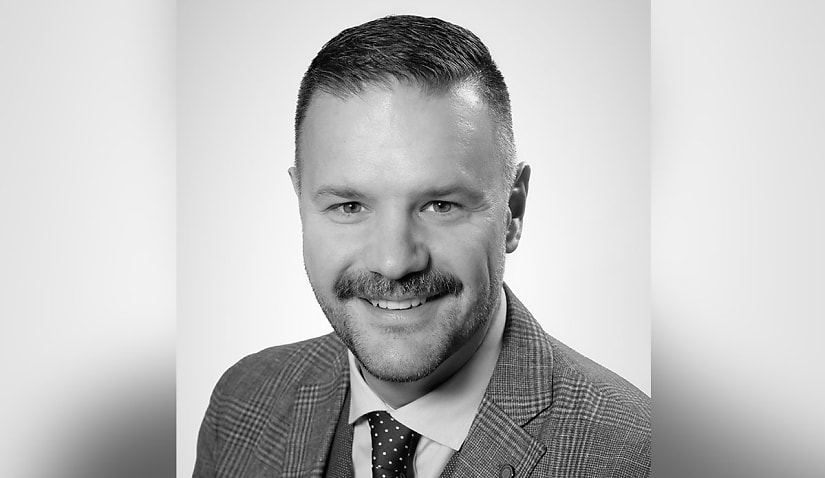Faith-based organisations are navigating an increasingly complex legal landscape, with one church lawyer highlighting the unique challenges general counsel face in balancing religious doctrine, community service, and evolving legislation.

Speaking on a recent episode of The Corporate Counsel Show, Igor Radonjić, a general counsel for the Seventh-day Adventist Church, explored the major challenges confronting faith-based institutions today and outlined what general counsel must do to navigate these issues effectively.
In the same episode, he discussed his journey into the unique and often overlooked role of a “church lawyer” and offered insights into what his day-to-day responsibilities look like.
For Radonjić, one of the most pressing challenges is the pressure from governments for faith-based organisations to operate more like traditional businesses.
“The biggest [challenge] for us is that the governments are requiring us to be more businesslike in that sense. But the problem is that we are charities. We are charities that advance religion. So we look and feel slightly different than, for example, your commercial business,” he said.
He noted that this expectation creates a compounding effect, as regulatory frameworks often exacerbate the tension between a charity’s mission and the need to function like a business.
“Then the government, the way they deal and the way they regulate, they’re expecting you to be more of a corporation with a little bit of, I guess more of a corporation, a little bit of a church rather than more of a church with a little bit of business on the side,” he said.
Another significant challenge, Radonjić noted, is navigating Australia’s evolving landscape of religious liberty, as the country becomes increasingly multi-ethnic and home to a wide diversity of faiths.
“The second, one issue that we’re facing is absolutely in the religious liberty space where we are seeing societal shifts and changes in terms of some of the thinking, some of the ideas of what the world looks like,” he said.
“We have certainly in Australia departed from being a majority Christian nation into a multi-faith, multi-ethnic nation that is less Christian. As part of that, we need to be very careful [about] how we balance the rights. So that way we are not trampling on anybody’s rights.”
The legal environment adds yet another layer of complexity. Radonjić pointed out that, unlike other Western democracies, Australia does not enshrine a positive right to religion.
“This is where, for me, in terms of those religious liberties, what we are seeing is diminutive, well, erosion of faith-based rights. Because Australia is the only Western democracy that doesn’t have a positive right to religion. We merely are an exception to an anti-discrimination provision, to a provision in the Anti-discrimination Act,” he said.
To navigate these challenges, Radonjić emphasised the importance of a strategic approach grounded in strong relationships and partnerships.
“Good relationships that are based on trust and actual mutual understanding, whether it is with other Christian organisations and other churches, of course, that’s where we work together as one or alternative,” he said.
“As well as all the other partners that we have, because we partner with a whole heap of non-Christian organisations to actually advance our cause and continue to serve the community.”
Radonjić also emphasised that those running faith-based organisations need not only “actually understand” the legal frameworks in place but remain informed about “what’s being proposed”, so they can anticipate and prepare for evolving regulations.
He added: “It’s about relationships, it’s about having the skills and capability in-house or being able to procure it as required … and being able to have the proper expertise to navigate the minefield that’s out there at the moment in terms of especially law reform and changes and things like that.”